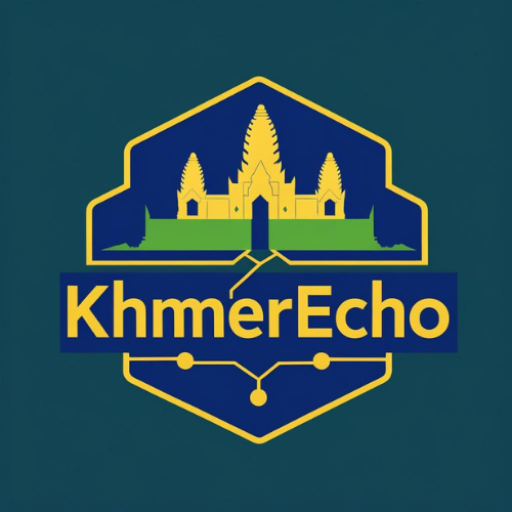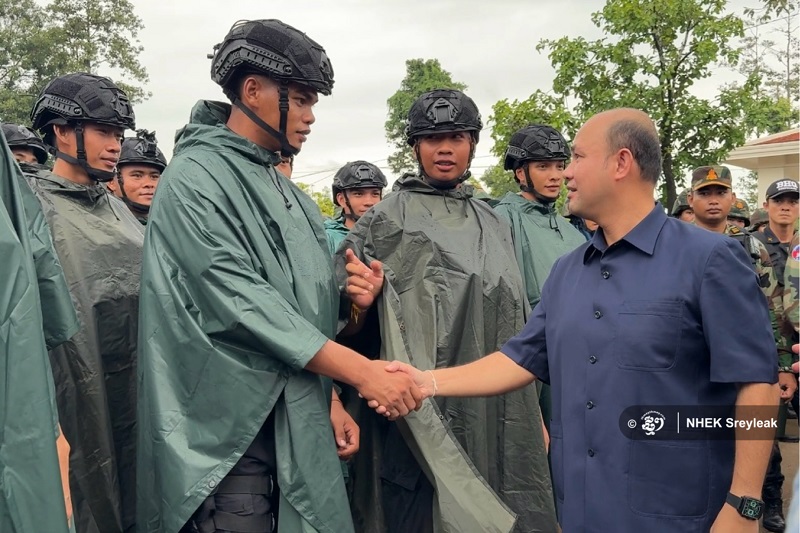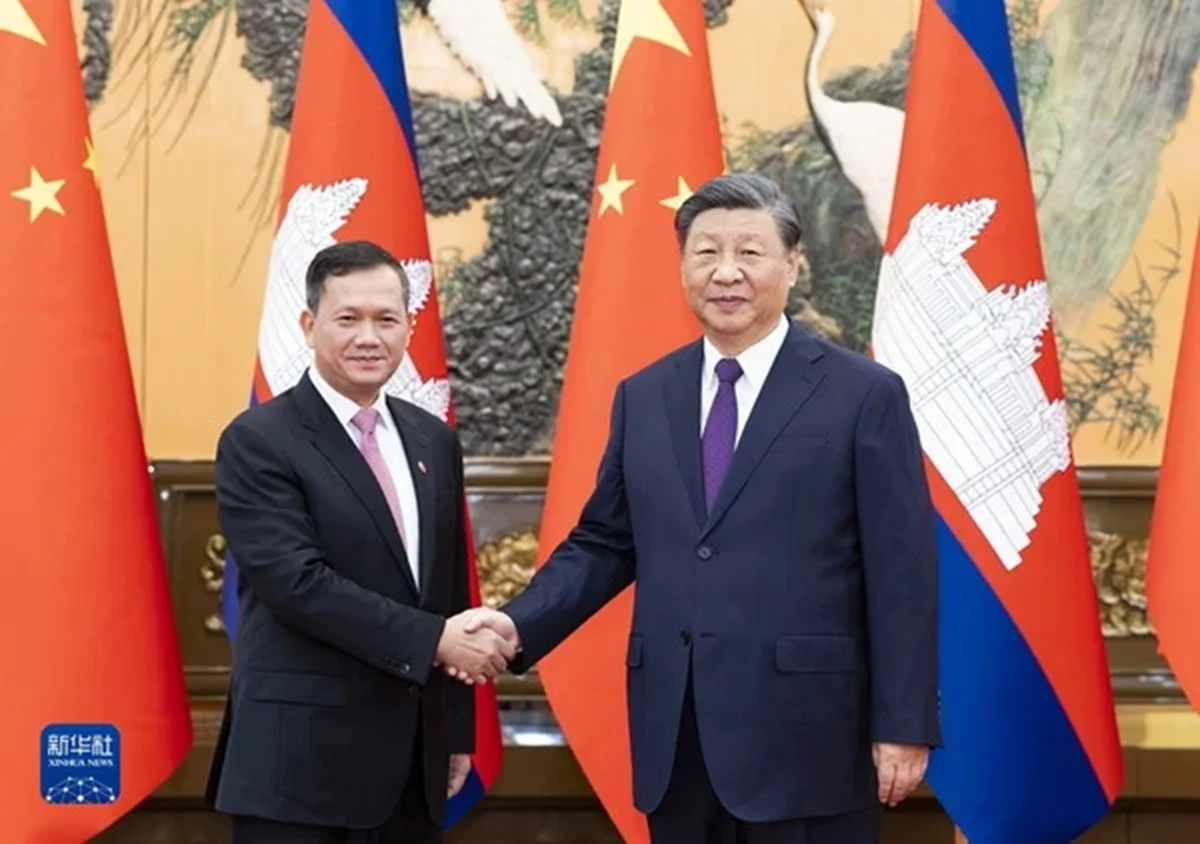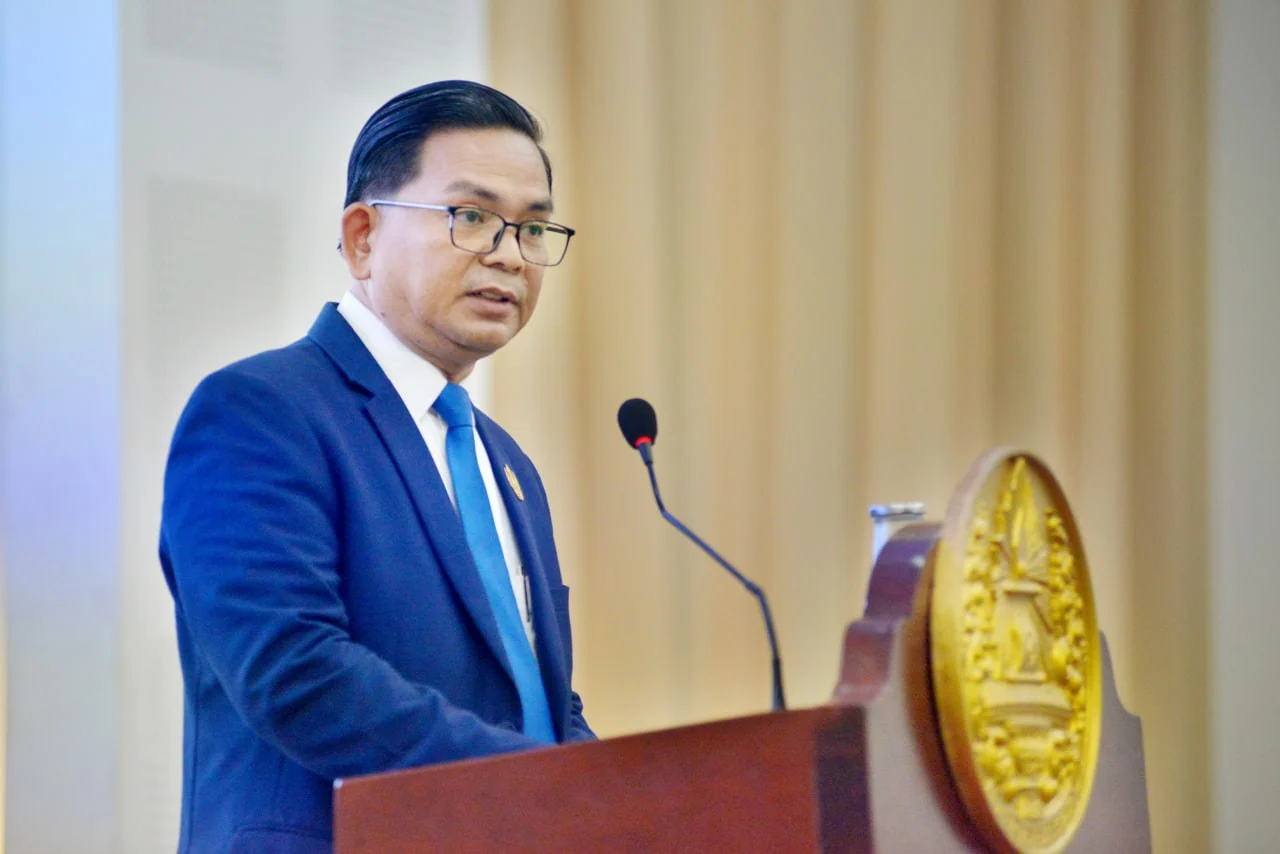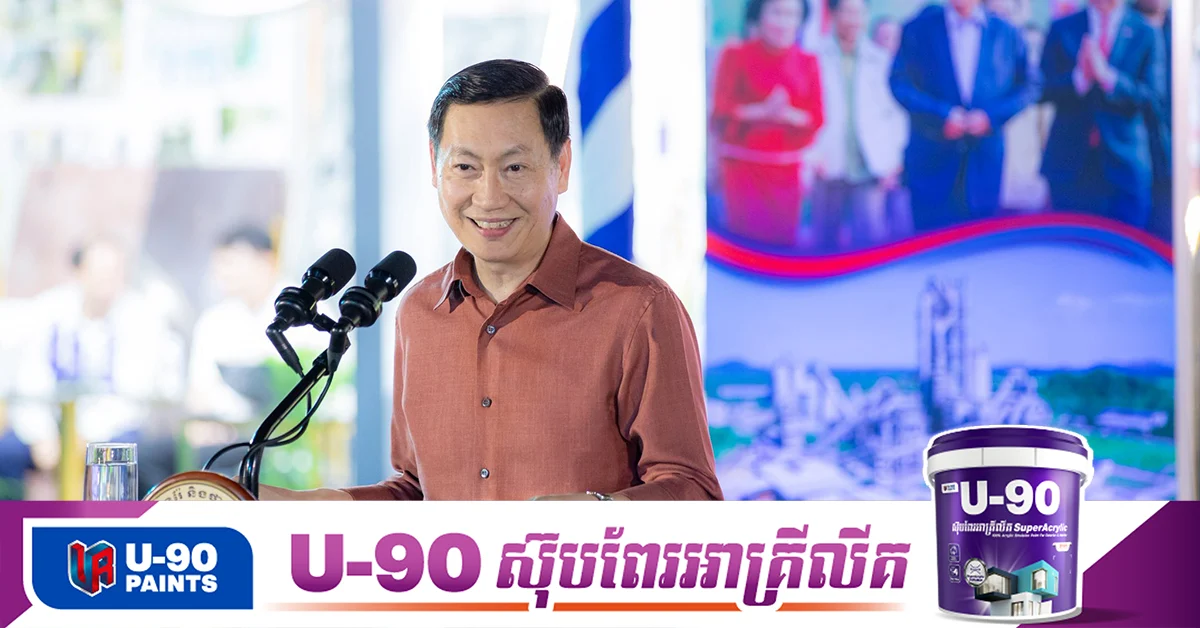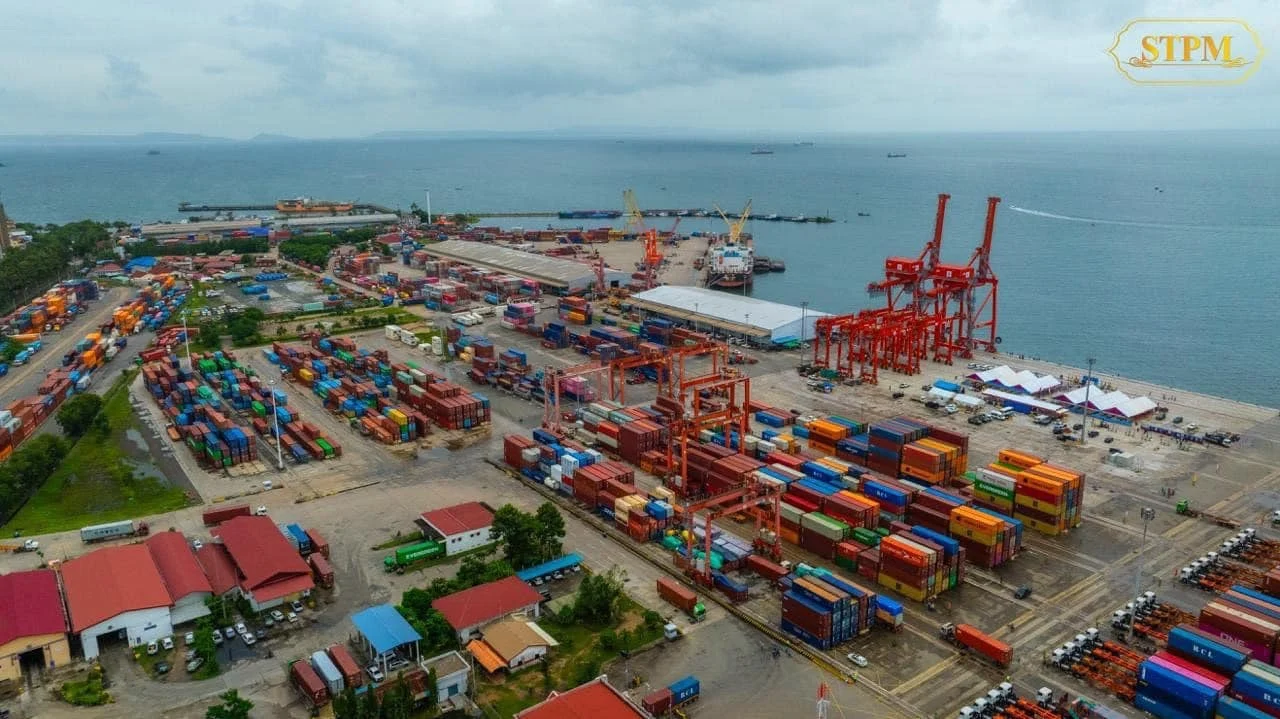Phnom Penh: Deputy Prime Minister Hun Many has publicly addressed the escalating tensions between Cambodia and Thailand, directly questioning the origins and instigators of the recent disputes. As President of the Union of Youth Federations of Cambodia, Mr. Hun Many utilized his significant platform on Facebook to recall past conflicts and articulate Cambodia’s official stance amidst perceived threats from the Thai side.
In a series of pointed questions posted on his Facebook page, Mr. Hun Many challenged the narrative surrounding the ongoing friction. He specifically asked, ‘Which side has caused the problem since May 28, 2025? Which side has posed practical threats, both through military action and the use of economic means and other methods? Which side is proving provocative action and does not want to solve the problem? Which party wants to raise the problem?’ Through these inquiries, Mr. Hun Many aimed to underscore Cambodia’s assertion that it has not initiated these problems, portraying the nation, on the contrary, as demonstrating maturity and patience in its efforts to resolve all issues peacefully.
Mr. Hun Many, who was also instrumental in organizing a large solidarity march on June 18 that saw 150,000 participants supporting frontline efforts, detailed various threats allegedly made by the Thai side against Cambodia. These included threats to cut off internet access and fuel supplies, as well as unilateral decisions to close borders. He also highlighted instances he described as the creation of a contemptuous image of the Cambodian military, further fueling the bilateral strains.
Despite the rising tensions, Mr. Hun Many expressed immense pride in observing the Cambodian people’s strong unity and their unwavering confidence in supporting both the Cambodian government and its frontline troops. He emphasized that while Cambodia maintains a peaceful stance, this position is notably conditional. He reiterated, ‘We support the Cambodian position that it is still trying to resolve the issue peacefully for the peace of the country and the people on both sides.’
However, he also firmly stated, ‘But we also support the constant readiness of the Cambodian army to defend its territorial integrity, protect the national interest and the people of Cambodia in case of aggression.’ This underscores a dual approach: a commitment to peaceful resolution coupled with an unequivocal readiness to defend national sovereignty should peaceful means prove insufficient.
